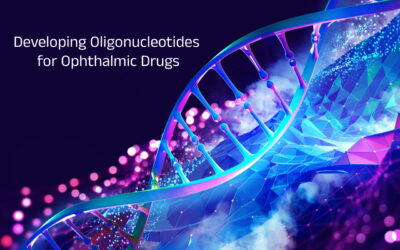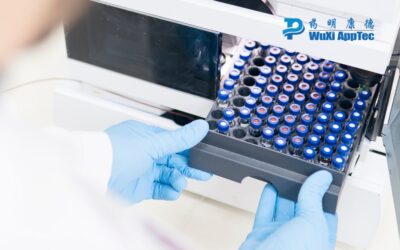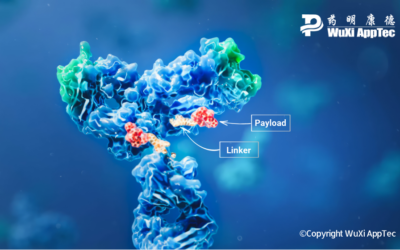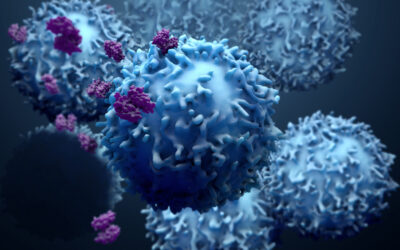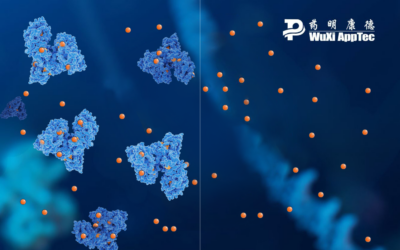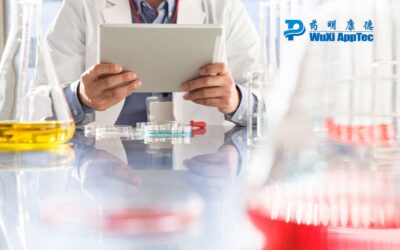Oligonucleotide drugs have become a hot topic in biomedicine due to their strong specificity, well-established design strategy, short development cycle, and wide range of targets.
Preclinical Testing
3 Benefits of In Vitro ADME Testing Automation
In vitro ADME assays provide the data necessary to ensure the safety and efficacy of your drug candidates. Automating these tests can shorten the time it takes your product to reach the market.
Navigating the Path from IND to NDA
Learn why testing drug solubility is important across the drug discovery and development continuum.
Rapid EMSA: A New Method of Testing PPB in Oligonucleotides
Learn why testing drug solubility is important across the drug discovery and development continuum.
Drug Solubility Testing: 4 Ways It Helps Drug Discovery & Development
Learn why testing drug solubility is important across the drug discovery and development continuum.
Oligos for Ocular Diseases: Overcoming the Challenges
Oligonucleotides, also known as “oligos,” are increasing in popularity due to their ability to target conditions previously thought undruggable.
7 Most Common Bioanalytical Testing Platforms for Small and Large Molecule Bioanalysis
Bioanalytical testing platforms are specific analytical tools that analyze and define the amount of drug molecules in biological fluid.
Striking the Right Balance: Linker Design in ADC Cancer Therapies
Single dose acute toxicity studies are small, relatively inexpensive studies – but critical to the success of your drug development program.
ELISpot Assays: The Key to Unlocking Advanced Cellular Immunity Testing
Single dose acute toxicity studies are small, relatively inexpensive studies – but critical to the success of your drug development program.
Flux Dialysis: A Cutting-Edge Tool for PPB Studies & Understanding DDI
Metabolic stability is the susceptibility of compounds to biotransformation, which has a major impact on the efficacy and safety of drugs. Here are five assays that evaluate metabolic stability in the drug development process.
Metabolic Stability in Drug Development: 5 Assays
Metabolic stability is the susceptibility of compounds to biotransformation, which has a major impact on the efficacy and safety of drugs. Here are five assays that evaluate metabolic stability in the drug development process.
Repeat Dose Toxicity: 3 Possible Timeframes for Your IND-Enabling Studies
Repeat dose toxicity studies evaluate the effects of repeat administration over a defined period of time. To get the right toxicity data, what is the right duration for your compound? This blog discusses three possibilities. Toxicity data from repeat dose...





